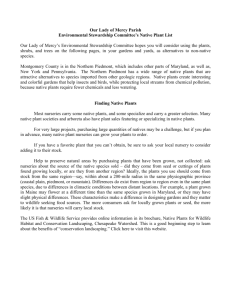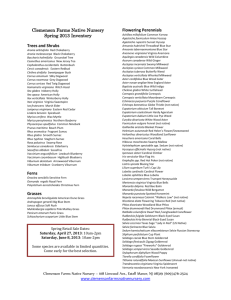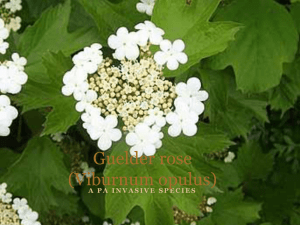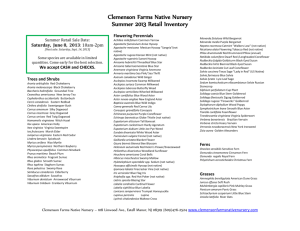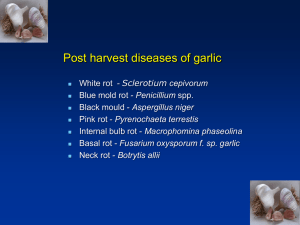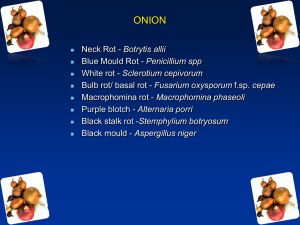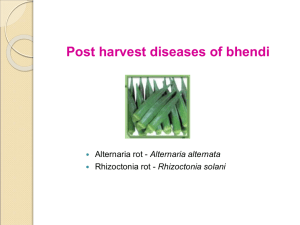112. Aphid
advertisement
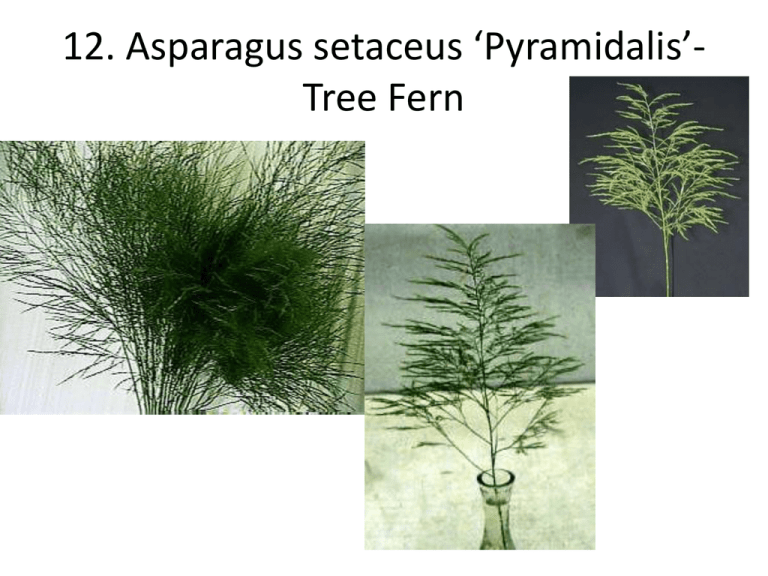
12. Asparagus setaceus ‘Pyramidalis’Tree Fern 17. Calathea roseopicta- Calathea 24. Chrysanthemum x monifolium cv.Spider Chrystanthemum Cynara spp.- Artichoke Dahlia cv.- Dahlia Dendrobium spp.- Dendrobium Orchid Dracaena deremensis ‘Janet Craig’Green Corn Plant Dracaena Eryngium planum- Blue Thistle Eustoma grandiflorum- Lisianthus Hypericum spp.- Hypericum berries Lilium cv. ‘Oriental’- Asiatic Lily Limonium perezii- Sea Lavender Statice Myrtus communis- Myrtle Nephrolepis cordifolia cv.- Flat Fern Pachystachys lutea cv.- Shrimp Plant Pedilanthus tithymaloides- Zigzag Plant Ranunculus asiaticus- Ranunculus Ruscus hypoglossum- Italian Ruscus Ruscus hypophyllum- Israeli Ruscus, Butcher’s Broom Ruscus Solidago canadensis- Solidago, Goldenrod Viburnum opulus cv.- Viburnum 112. Aphid 113. Fungus Gnat 114.Leaf Miner 115.Mealybug 116. Scale 117. Snail/Slug 118. Spider Mite 119. Thrip 120. Whitefly 121. Anthracnose 122. Black Spot 123.Botrytis Causes blossom blight, bud rot, stem canker, stem and crown rot, cutting rot, and leaf blight. First appears as a water-soaking and browning regardless of the tissue affected. A conspicuous, tan to gray fuzzy mold develops on rotted tissue under humid conditions. 124. Damping Off • Damping off describes the usually sudden destruction of newly germinated seeds or seedlings. 125. Mosaic Virus • Mosaic virus damage first appears in the form of green leaves which look as if they are mottle or distorted. Often these leaves will also be curled upward, or appear as if their growth has been stunted. Typically these leaves will have yellowish spot on them, adding to their mottled appearance. 126. Powdery Mildew • It appears as white, powdery blotches on the leaves, stems, and buds of the host plant. Late in the year, small black structures called cleistothecia can be seen embedded in the fungal mycelium. This gives the powdery mildew a speckled appearance.
